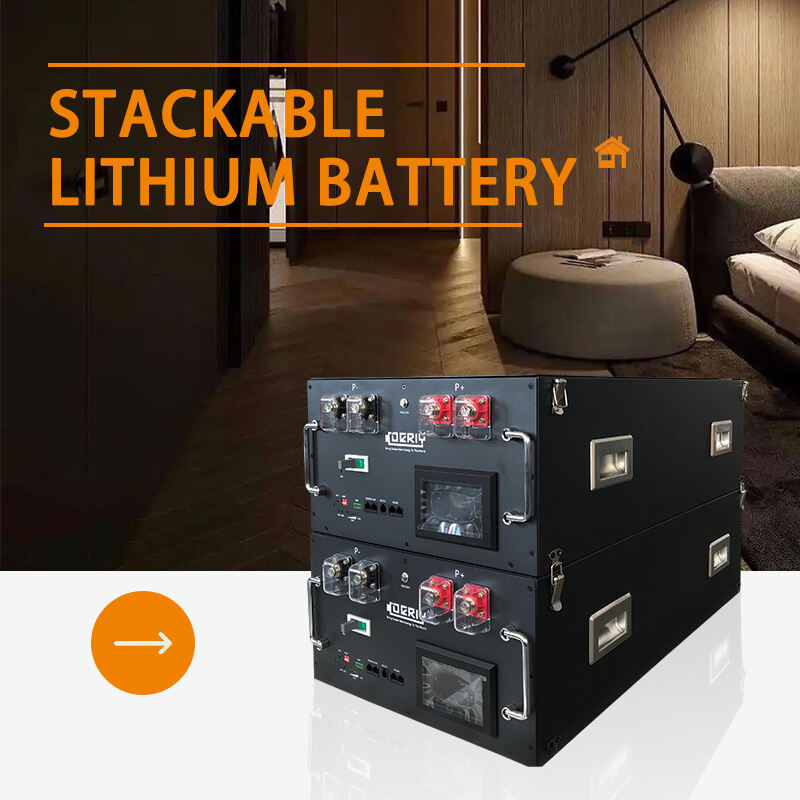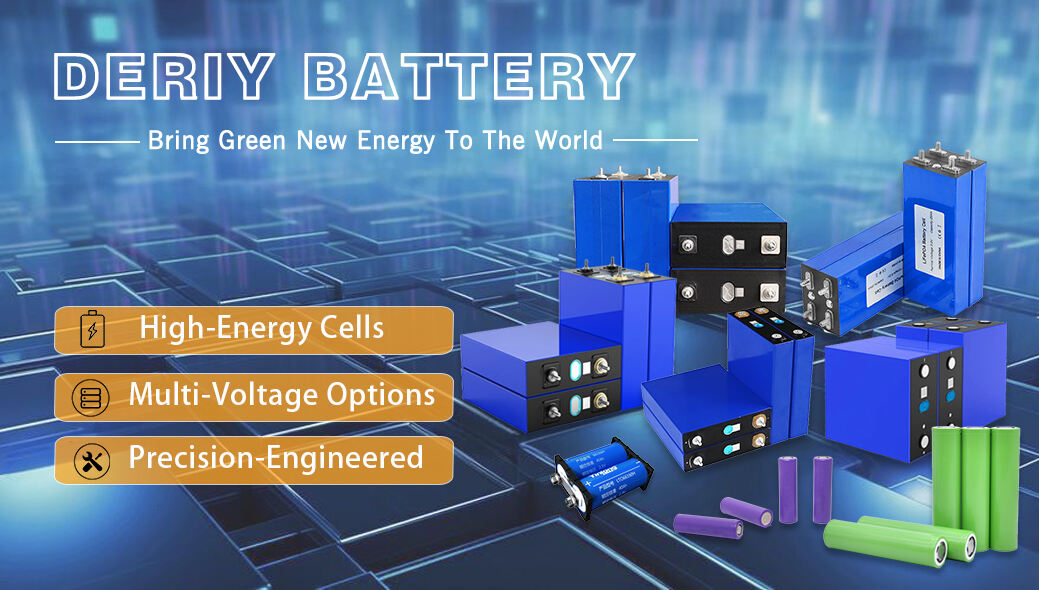Grid Independence and Backup Power
It provides grid independence to users, allowing them to rely more on their own solar - generated power. In addition, during grid outages, the stored electricity in the solar storage system can be used as backup power, ensuring the continuous operation of essential electrical appliances. This is particularly important for areas with unreliable grid supply or for users who require uninterrupted power for critical equipment.

